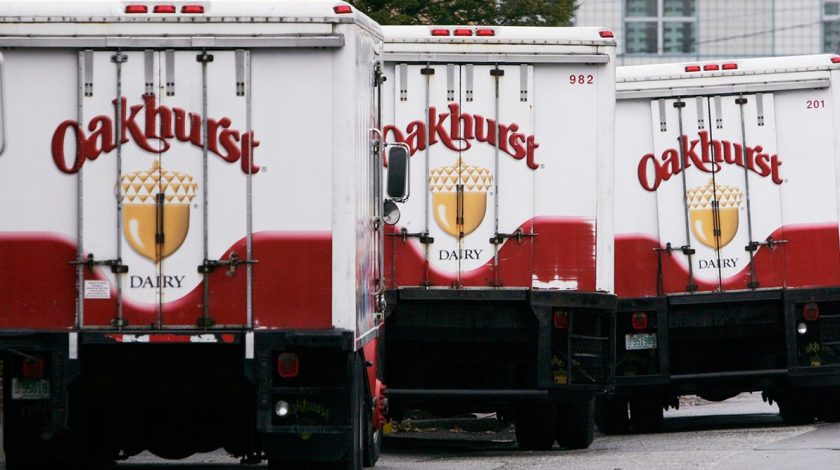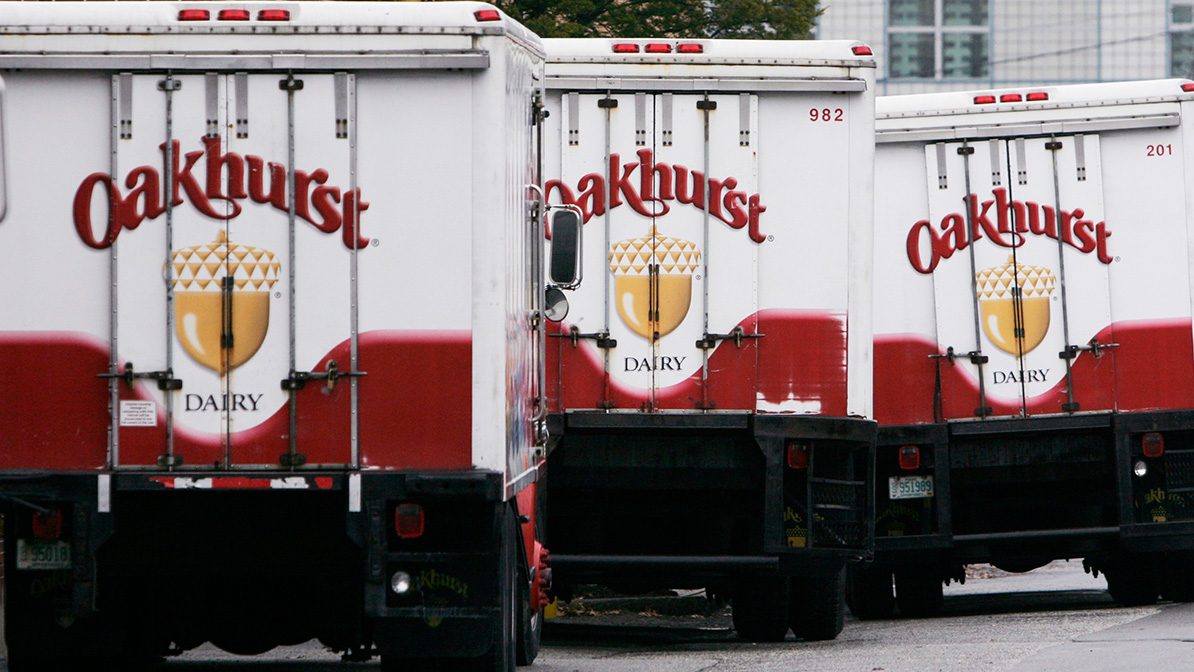
Your English teacher was right, after all: a misplaced comma really is a big deal. According to the New York Times, that is exactly what’s befallen one Maine dairy company. A group of truck drivers suing for overtime back pay from the dairy based their case in court entirely on the lack of an serial comma in a state law.
Fans of indie rock might also know the punctuation mark by its more formal name, the “Oxford comma,” which was the title of a popular song by the band Vampire Weekend. What, then, is a serial or Oxford comma? It’s the use of a comma after the penultimate item in a list of three or more items. Example: “Using Oxford commas makes a man health, wealthy, and wise.” (The incorrect usage would extract the comma after “wealthy”).
So what exactly alerted the grammar police? Per the Times: “In 2014, three truck drivers sued Oakhurst Dairy, seeking more than four years’ worth of overtime pay that they had been denied.” The state law, lacking the Oxford comma, cited exemptions to overtime rules:
The canning, processing, preserving, freezing, drying, marketing, storing, packing for shipment or distribution of:
(1) Agricultural produce;
(2) Meat and fish products; and
(3) Perishable foods.
Since it was unclear whether the law exempts paying overtime for the single activity of “packing for shipment or distribution” or two separate activities “packing for shipment” or “distribution,” the drivers were rightly confused. They argued that without the comma, the law should be interpreted as only covering the first scenario. And since they didn’t do any packing, they believed their overtime claims were valid.
The truckers took their case to the U.S. Court of Appeals for the First District and it ruled in their favor—and the Oxford comma’s. The dairy promises to keep fighting the case, but it could cost the dairy company $10 million.
—RealClearLife
This article was featured in the InsideHook newsletter. Sign up now.
























